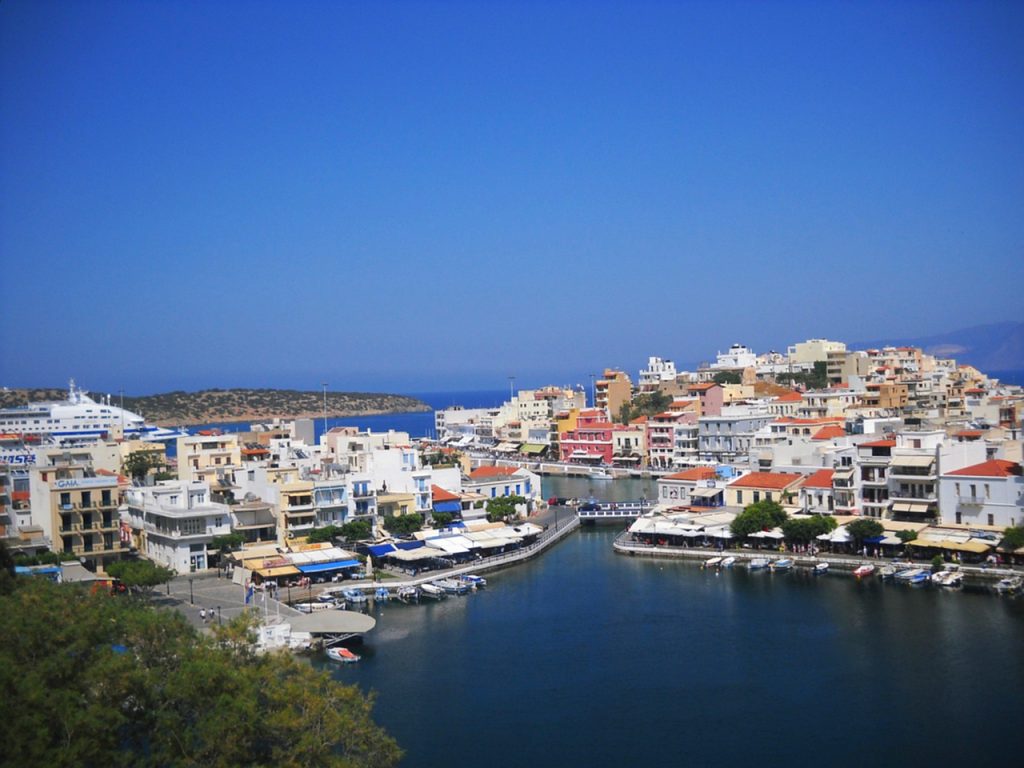
From Caesarea to Crete
“Men, I can see that our voyage is going to be disastrous and bring great loss to ship and cargo, and to our own lives also.” But the centurion, instead of listening to what Paul said,
followed the advice of the pilot and of the owner of the ship. (Acts 27:10-11)
Paul’s activities in Jerusalem are detailed in Acts 21:15-26:32. Jews accused Paul of linking entrance and exit with Jewish temple ceremonies, and Paul defended his position to his congregation. Although the Pharisees and Sadducees had completely different religious lines, they united in trying to get rid of Paul and fiercely slandered him. In the end, he stood before Governor Felix and appealed to the successor Governor Festus. And he told King Agrippa his sincerity and testified that Jesus Christ was the true Messiah. The governor, the king, and many others present were convinced of Paul’s innocence. However, they recognized that they had nothing more to do, and finally Paul went to Rome in chains.
From Caesarea to Sidon
Paul and some of his prisoners were taken to Rome under the guidance of Julius the Centurion. The Augusto Battalion was a battalion, a unit of the troops belonging to Emperor Augustus, and one battalion consisted of about 600 soldiers. This unit, like many other units, could have had the honorable name of ‘Emperor’s Unit’. The people who Luke expressed as ‘we’ tell us that they accompanied Paul to Rome as fellow Christians. The centurion allowed them to have fellowship with their Christian friends there when they anchored in Sidon. It is assumed that the Church of Sidon was founded by Hellenistic Jewish Christians who were exiled when there was persecution in Jerusalem.
From Mura Castle to Rome by Alexandria Ship
From Sidon, through Cilicia and Pamphylia, they arrived at the port of Mura. Mura Castle was a favorite stopover for ships carrying Egyptian grain from Alexandria to Rome. When Paul and his companions boarded a ship bound for Rome that had departed from Alexandria and was anchored in Mura Castle, the voyage suffered from the wind from the beginning.
Conflict over priorities
There was difficulty in navigation from the time of departure due to strong winds. They barely reached the opposite side of Nido, but the wind and waves were getting stronger, so they barely passed in front of Salmone and finally arrived at a port called Fair Haven. It is close to Lasea, which is relatively suitable for overwintering, and is a frequent anchorage for ships on these occasions.
Although no strong typhoon had yet occurred, the typhoon season had already begun, so Paul warned that it was dangerous to set sail for Rome now. He said that if they left now, there would be many damages as well as human lives because there would be no stopping place to avoid when the power of the typhoon suddenly became strong. However, the captain and the owner of the ship wanted to go to the port of Phoenix in Crete and overwinter because Lasea Castle lacks proper accommodation facilities and a lot of expenses are needed if they stay here for a long time. The centurion who oversaw this trip to Rome believed the words of the ship owner and the captain more than Paul’s words.
Paul, by inspiration from God, foresaw the dangers of the future voyage and warned those in charge, but they rejected the proposal for economic reasons. The dangerous things that will unfold in the future have already been foreseen, and we already know that fact through the Word, but they didn’t recognize it, so they decided important things with their common sense.
Think about
The ship owner and the captain chose the less economically burdensome side if possible even at the slightest risk. Paul, with God-given wisdom, suggested staying in the city of Lasea. In the end, the centurion, Julio decided to leave and go to Crete. It is only natural for us to stay at Lasea Castle as people’s lives are at risk on this voyage and all goods for the profit they ultimately want to obtain will be buried. If we have to decide on the unknown, we think about what is good to decide based on. Paul had no doubt that he would make it to Rome no matter what. But he also knew the process would be difficult.